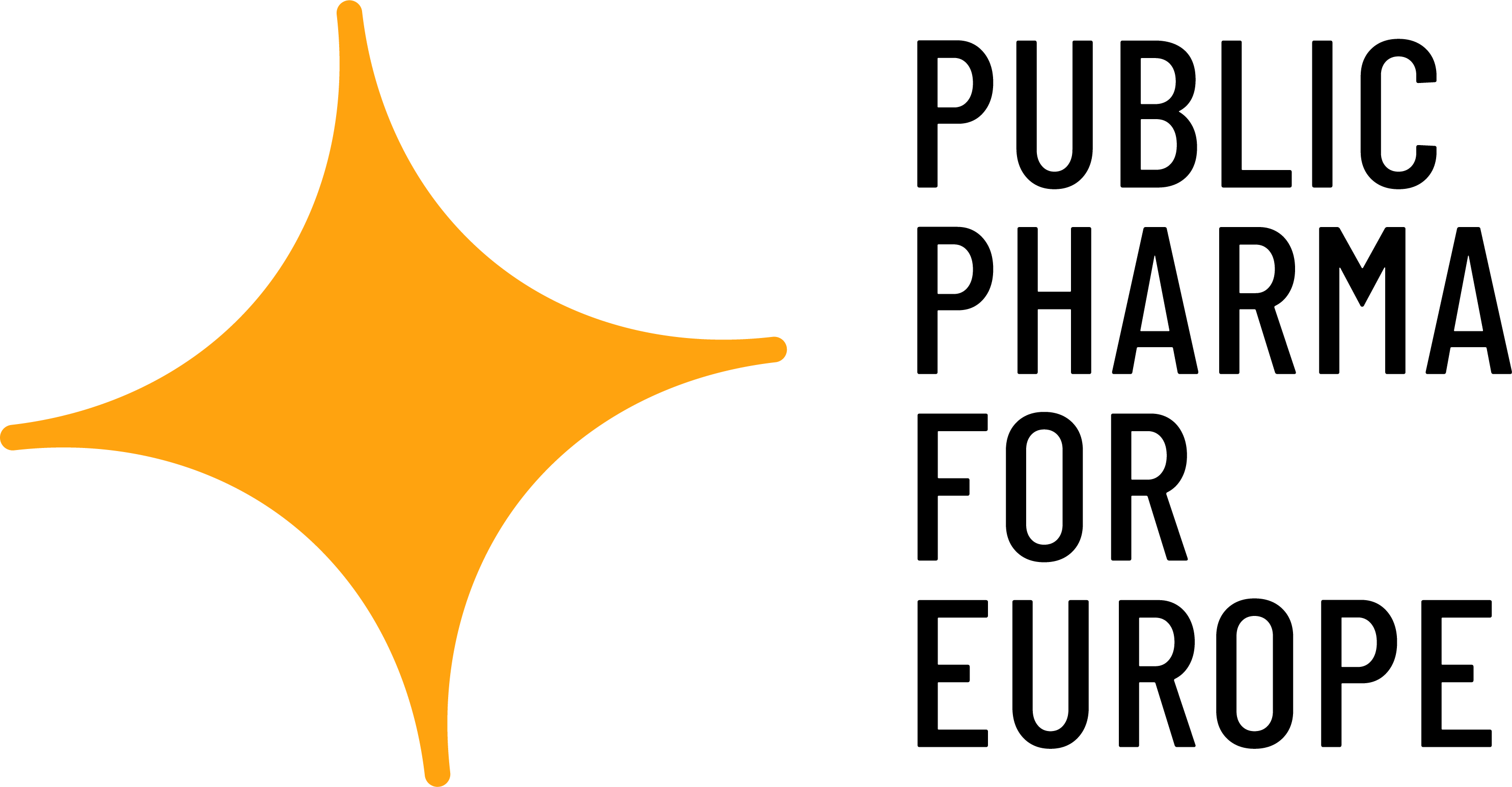24 February 2025
The Public Pharma for Europe Coalition strongly supports the work of the healthcare professionals at the University Medical Center Groningen (UMCG), the Netherlands, whose efforts in developing in-house CAR-T cell therapies exemplify the essence of public pharmaceutical innovation.
We commend the joint decision of the Dutch National Health Care Institute (Zorginstituut Nederland) and Dutch health care funder, ZonMw, to continue subsidising UMCG’s CAR-T cell therapy research. This showcases a crucial way of strengthening public pharmaceutical infrastructures and facilitating the development and delivery of high-quality, affordable, potentially life-saving treatments through diverse partnerships.
As a coalition committed to advancing public pharmaceutical initiatives across Europe and beyond, we closely follow the role of the public sector in CAR-T therapy development. Last year, some of our members organised the webinar Public Pharma for Europe: The Case of CAR-T Cell Therapy, bringing together researchers and activists to discuss the opportunities and challenges of scaling up CAR-T development and production within public institutions. The work at the UMCG also underlines what we discussed during this webinar: the importance of supportive regulatory frameworks and sustainable public investments to increase the accessibility of these high-end therapies.
In light of recent criticisms from the Dutch industry group hollandbio, we find it imperative to express our solidarity with the healthcare professionals at UMCG, support the decision to continue to invest in Public Pharma and condemn misleading statements made on this matter. The claim that such public initiatives are an improper use of taxpayer funds undermines the fundamental role of the public sector in safeguarding health. Hollandbio’s aggressive and disrespectful rhetoric reflects a neoliberal ideology that seeks to limit public pharmaceutical action to instances of so-called “market failure”—conveniently defined in an excessively narrow manner. This perspective dismisses the undeniable value of public institutions in directly providing health technologies in terms of quality, affordability, data transparency, speed of innovation, and attention to unmet medical needs—not to mention the fact that CAR-T cell therapy, like many other pharmaceuticals, was a product of public-funded academic research in the first place.
Our vision of Public Pharma embodies infrastructures, policies, and governance mechanisms where governments hold genuine decision-making power, ensuring that public health needs are met, not just de-risking private enterprises. This approach should include but not be confined to early-stage development, crises, or specific groups of diseases and extend to sustained public-sector engagement in the research, development, manufacturing, and distribution of health technologies.
Subsidising the work at the UMCG and the results delivered so far testify to the transformative potential of public-sector-driven pharmaceutical R&D. By producing CAR-T cells in-house, UMCG has demonstrated significant advantages, including reduced treatment times and substantial cost savings. This model should not be undermined by industry actors seeking to preserve profit-driven monopolies at the expense of public health.
The Public Pharma for Europe Coalition calls for strengthening public leadership in establishing, continuing, and expanding public pharmaceutical infrastructures across Europe. We believe a robust public pharmaceutical sector is essential to uphold the right to health and ensure that medical advancements are accessible to all.

